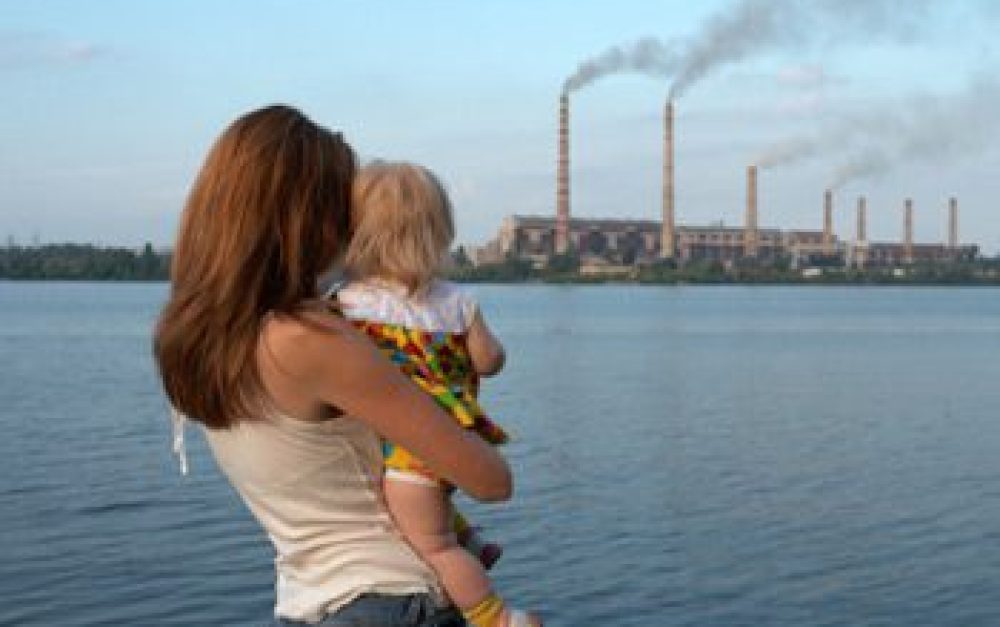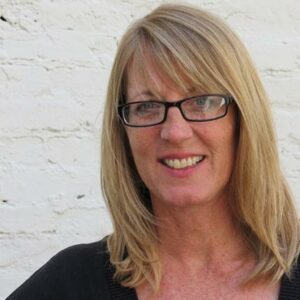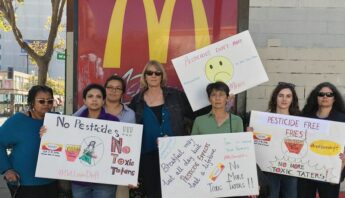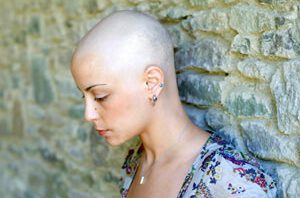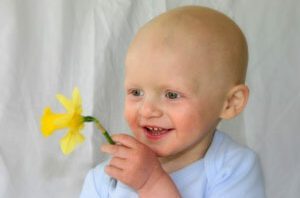Those cancer-causing chemicals approved for widespread use on our farms and in everyday products? Well, they’re causing cancer. Lots of it.
The numbers are staggering, really. According to a report delivered to the White House last month by the prestigious President’s Cancer Panel, 41 percent of the U.S. population will be diagnosed with cancer at some point in their lives, and one in five Americans can expect to die from the disease.
While it’s unclear just how much of this cancer is the result of exposure to cancer-causing chemicals, the Panel was concerned enough to sound a pretty loud alarm bell. Here’s an excerpt from their letter to President Obama:
The American people—even before they are born—are bombarded continually with myriad combinations of these dangerous exposures. The Panel urges you most strongly to use the power of your office to remove the carcinogens and other toxins from our food, water, and air that needlessly increase health care costs, cripple our Nation’s productivity, and devastate American lives.
Refreshingly strong words in the usually cautious world of policymaking. I hope the president is paying attention.
It’s rarely possible to pinpoint the specific cause of an individual’s cancer. We’ll never know, for example, what triggered the ovarian cancer that took my mother’s life nearly two years ago. But as ecologist, author, mother, and cancer survivor Sandra Steingraber notes: if we continue to farm and to make products with cancer-causing chemicals, some of us are bound to get cancer.
Here’s Sandra on the links between cancer and pesticides, quoted in the Panel’s report:
We have sprayed pesticides…throughout our shared environment. They are now in amniotic fluid. They’re in our blood. They’re in our urine. They’re in our exhaled breath. They are in mothers’ milk… What is the burden of cancer that we can attribute to this use of poisons in our agricultural system? … We won’t really know the answer until we do the other experiment—which is to take the poisons out of our food chain, embrace a different kind of agriculture, and see what happens.
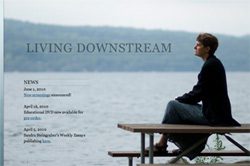 A few weeks ago, I had the pleasure of viewing a screening of Sandra’s new film, Living Downstream. Anyone whose life has been touched by cancer should see this film—as should every policymaker and all the chemical industry executives on the planet.
A few weeks ago, I had the pleasure of viewing a screening of Sandra’s new film, Living Downstream. Anyone whose life has been touched by cancer should see this film—as should every policymaker and all the chemical industry executives on the planet.
Based on her book of the same name, the movie tells the very personal story of Sandra’s own cancer, and her search for answers to that painful question asked by all cancer patients: Why me?
She finds that many in her family have suffered from cancer—and yet, she is adopted. She learns that water in the community where she grew up is laced with chemicals strongly linked to her specific type of cancer. And she unearths a glaring disconnect between the scientists who know that environmental contaminants can cause cancer, and the medical professionals who treat cancer patients.
Living Downstream tells the simple, tragic story of how as a society we are so busy treating cancer (and organizing “find-a-cure” walkathons) that we’re failing to tackle its causes.
The commonsense findings of the Cancer Panel are long overdue, and come at a time when momentum to strengthen the national laws that govern toxic chemicals is stronger than ever before. The Safe Chemicals Act of 2010 is now making its way through Congress, and could finally turn our “innocent until proven guilty” approach to regulating toxic chemicals on its head.
The law could also direct EPA to specifically target persistent, bioaccumulative toxic chemicals (PBTs). These chemicals can last for years in the environment and build up in our bodies over time. Many PBTs have been linked to cancer, and most can be passed from mother to child during pregnancy and breastfeeding. Children, as the Panel notes, are particularly vulnerable to chemical exposure.
If you want to lend your voice to the call for a PBT-free future, contact your senators today—they’re considering the issue now.
If we press hard enough, we can shift gears from our focus on “finding a cure” to taking steps to prevent cancer in the first place. But it will take a serious push, since market forces are pushing hard the other way. Reducing use of cancer-causing chemicals only benefits those who go on to live a full, cancer-free life—and unlike the sale of chemicals and cancer treatments, a long, healthy life doesn’t yet show up in anyone’s bottom line.
Cancer is in many ways an intensely private journey, yet it’s becoming a shared part of our culture. My mother’s story is all too familiar. She was a vibrant and healthy 68; hadn’t been in the hospital since my birth 40-something years before. She fought bravely for 18 months through surgery and chemotherapy—with an astounding dose of humor—but in the end, the tumor was even more determined. Her death was senseless, and probably preventable. I miss her every day.
This post ran previously at www.takepart.com.



